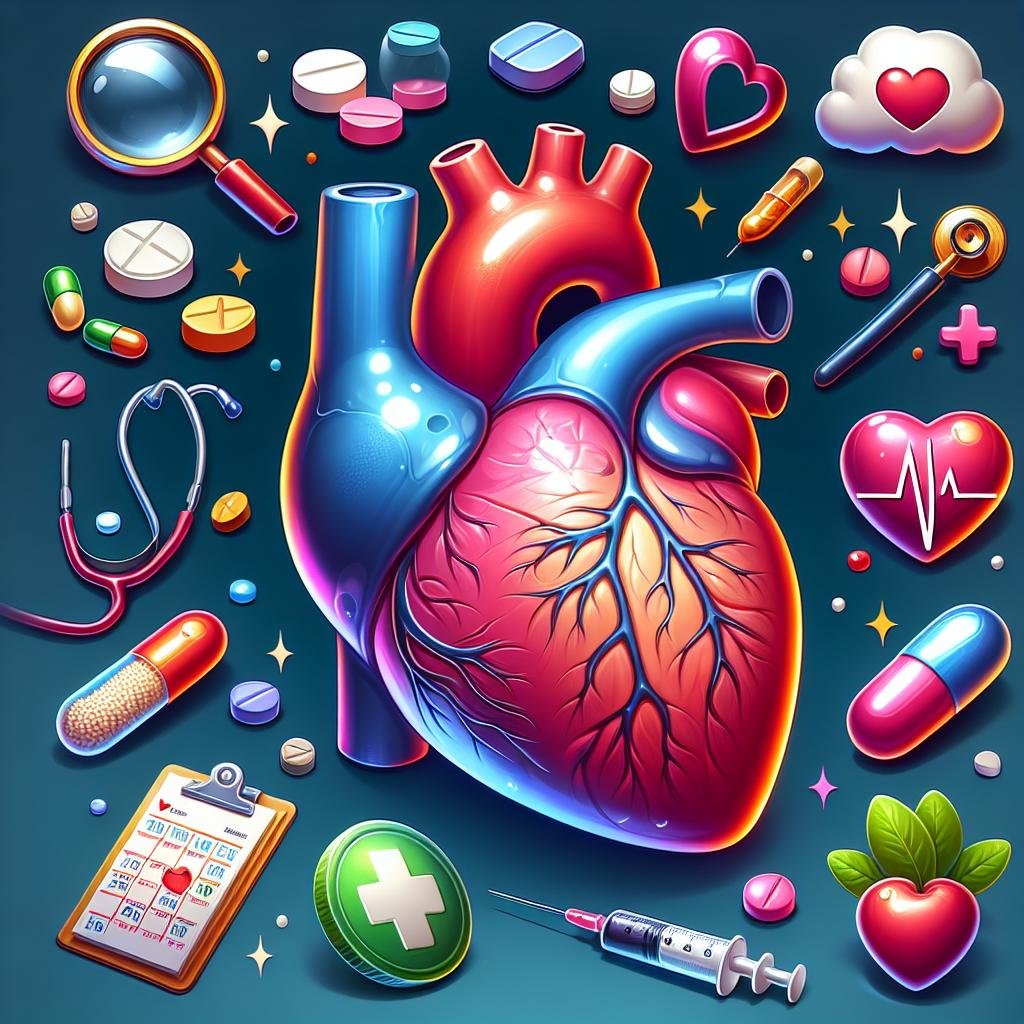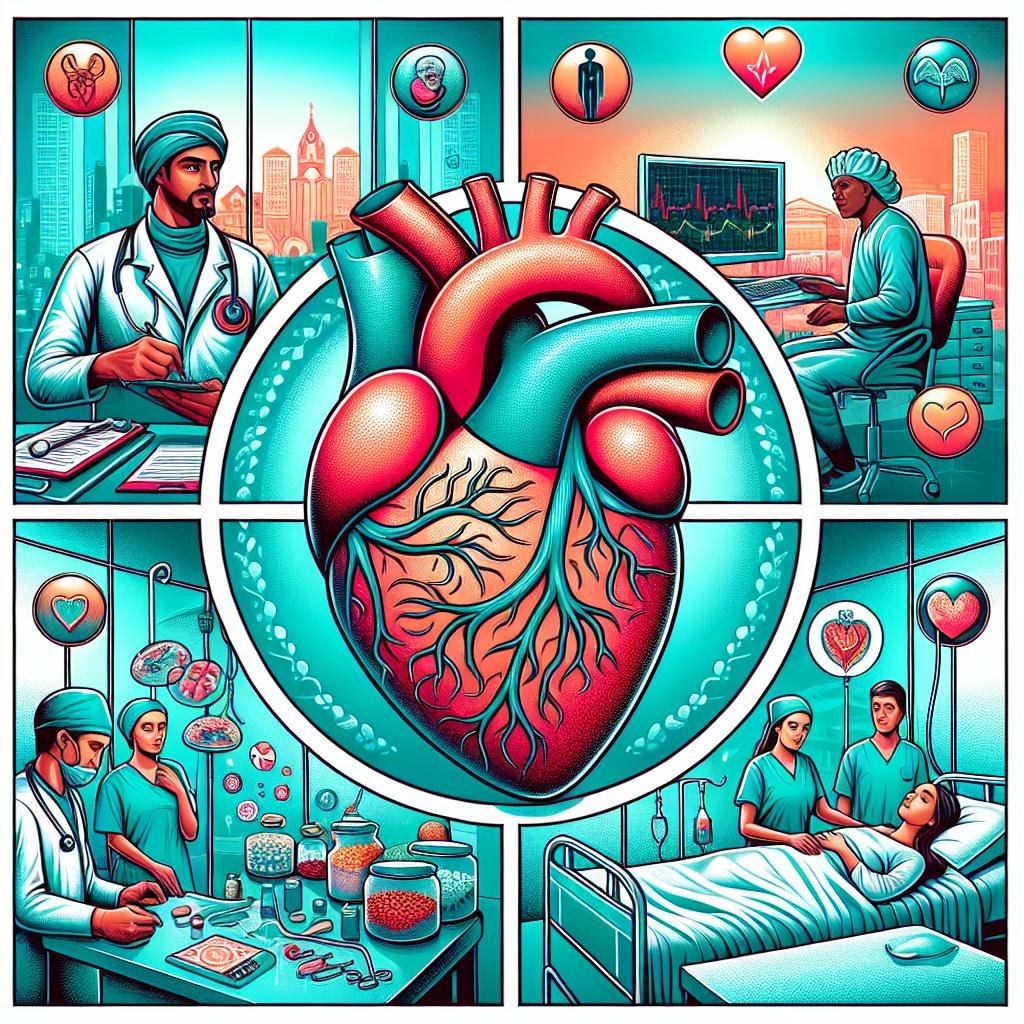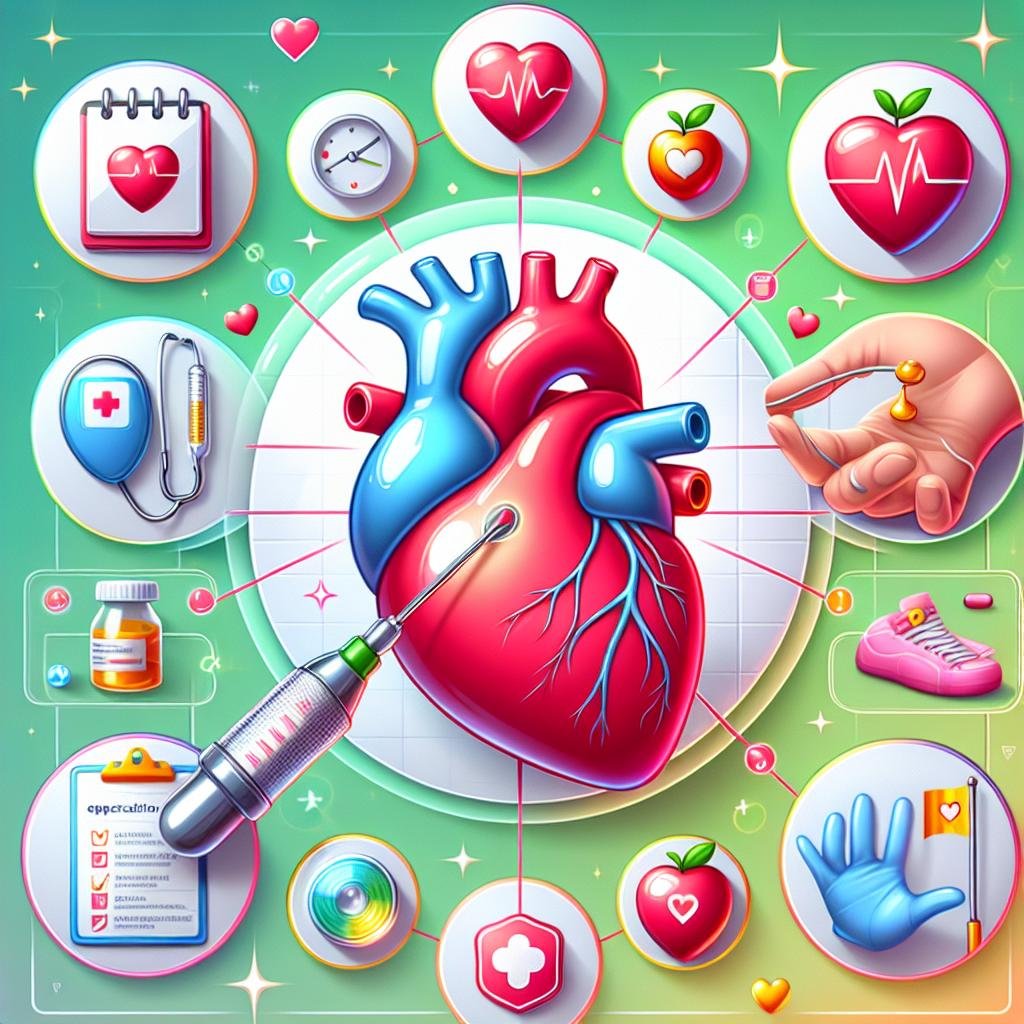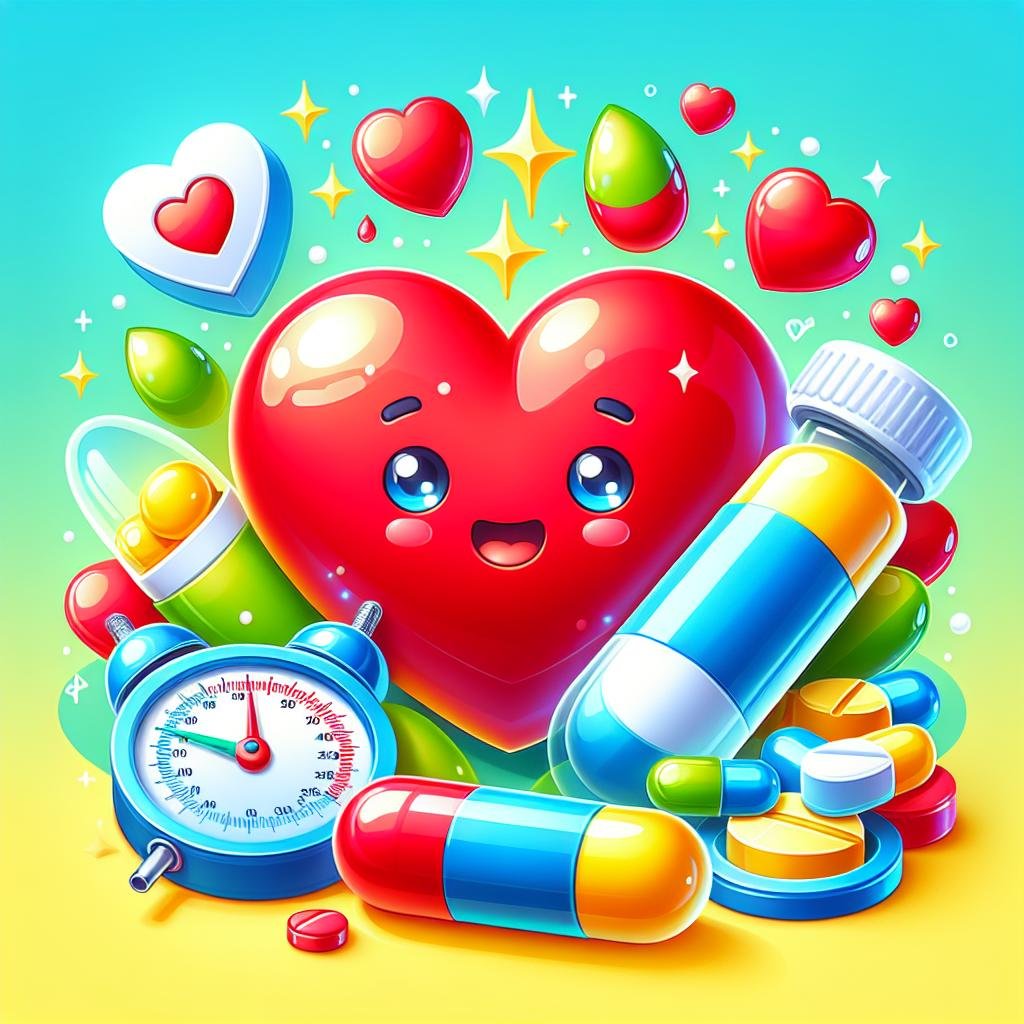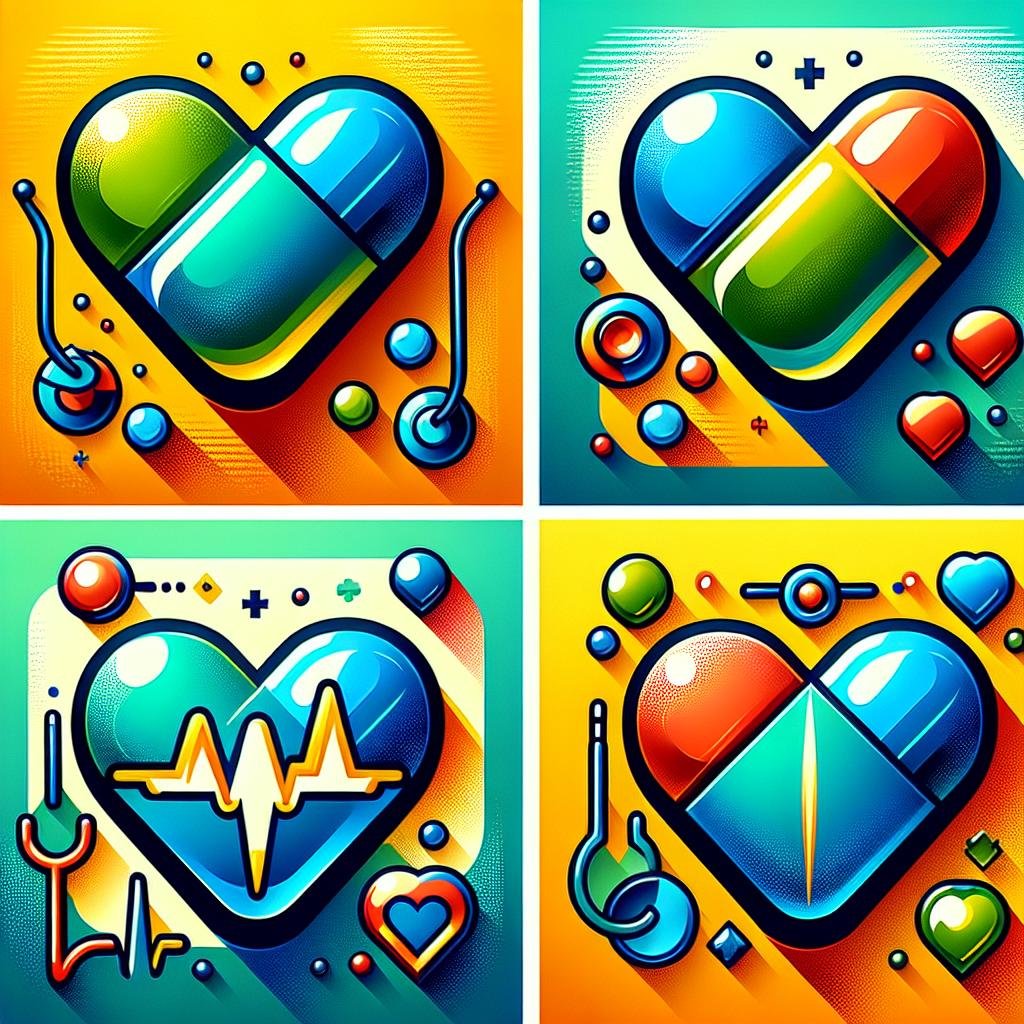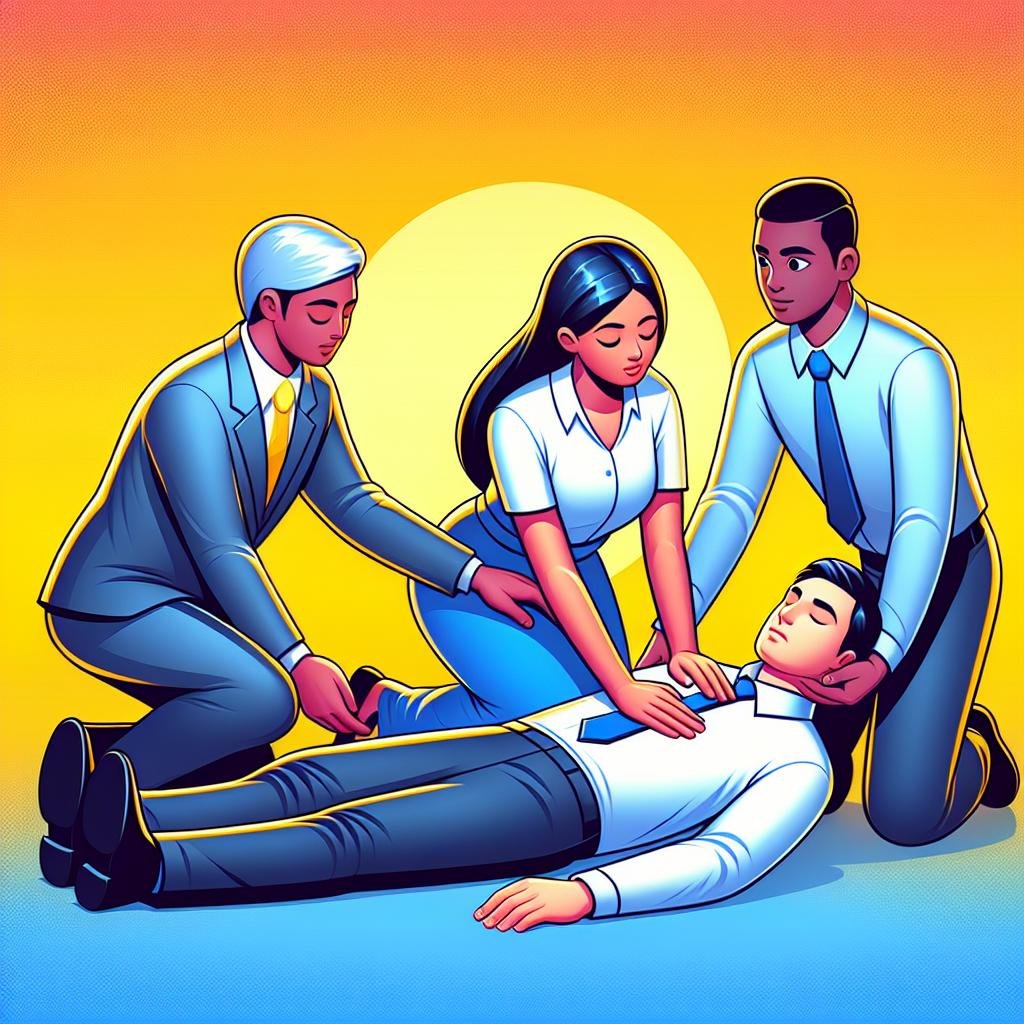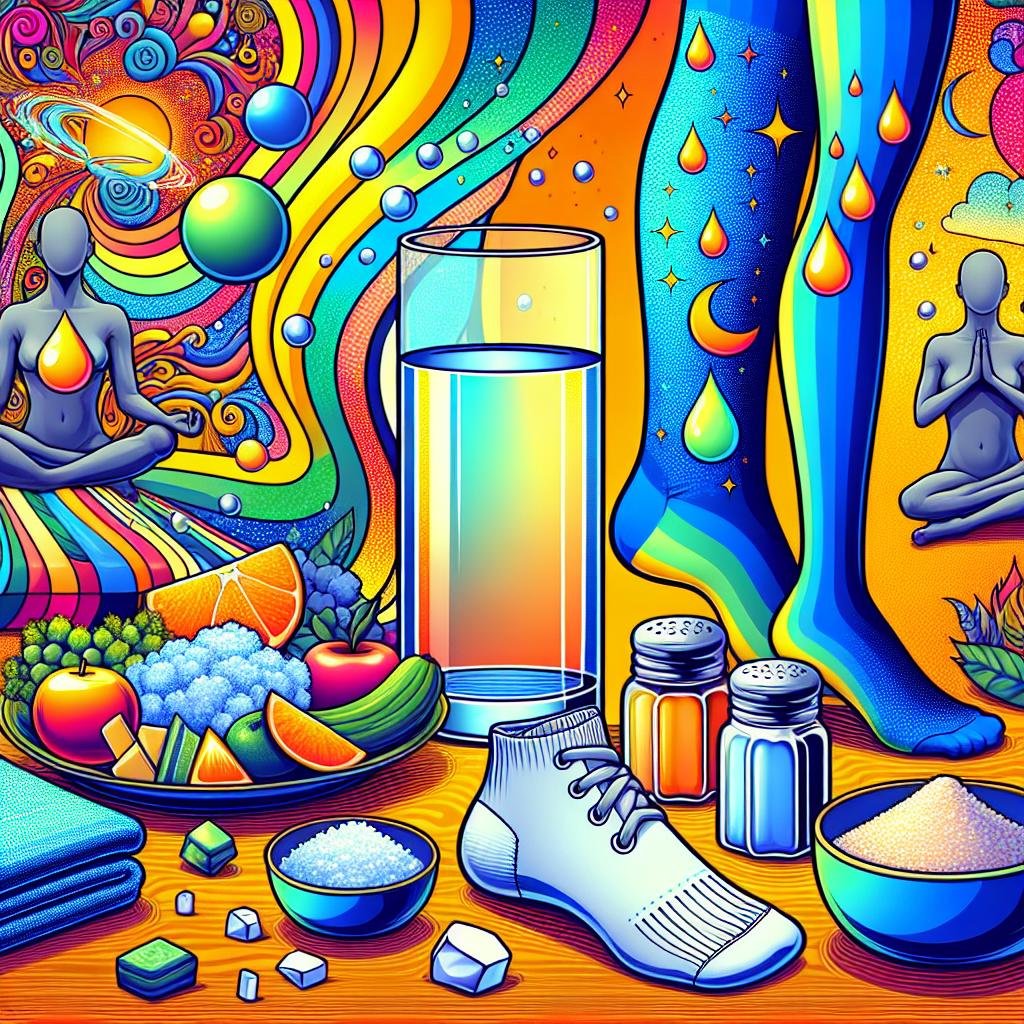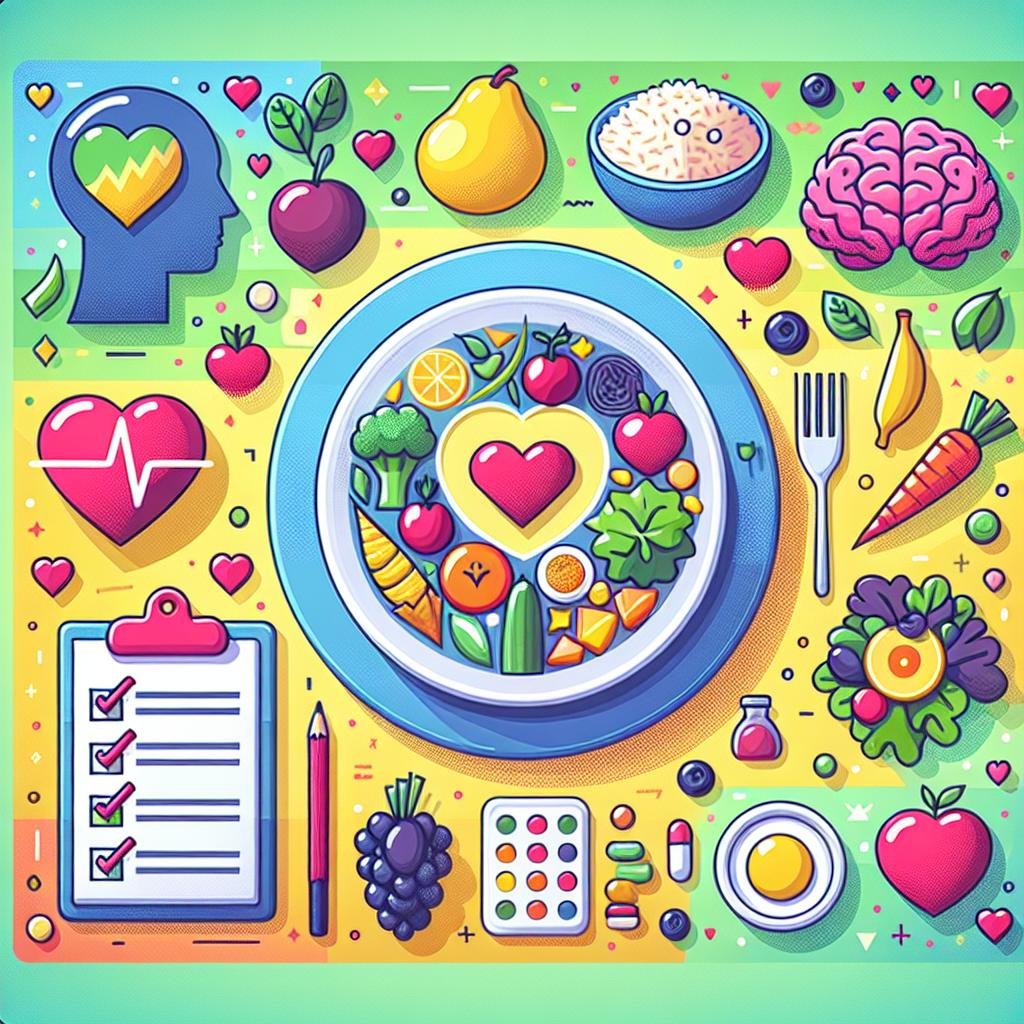The Role of Diet in Cholesterol Management
Introduction The Surprising Impact of Diet on Cholesterol Levels Cholesterol is a waxy substance that plays a crucial role in our body’s functioning. It helps build cells, produce vitamins, and create hormones. However, having too much cholesterol can lead to serious health issues, such as heart disease and stroke. While genetics and lifestyle factors contribute […]
The Role of Diet in Cholesterol Management Read More »

